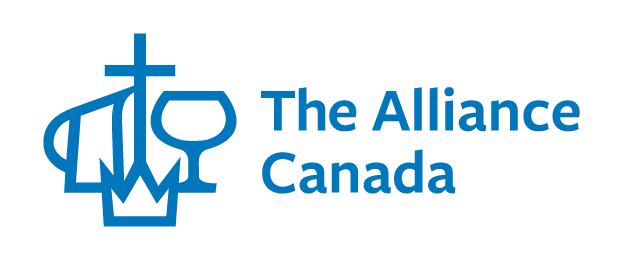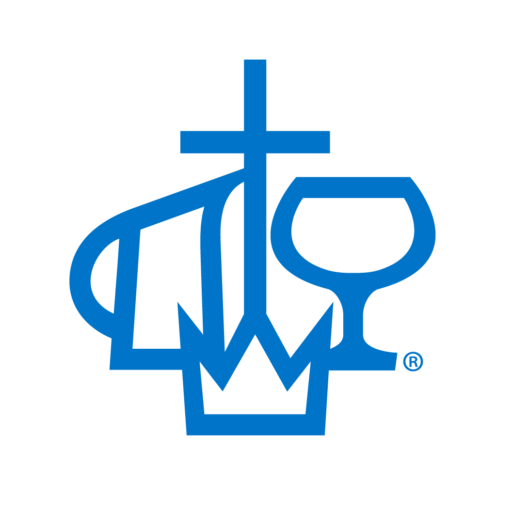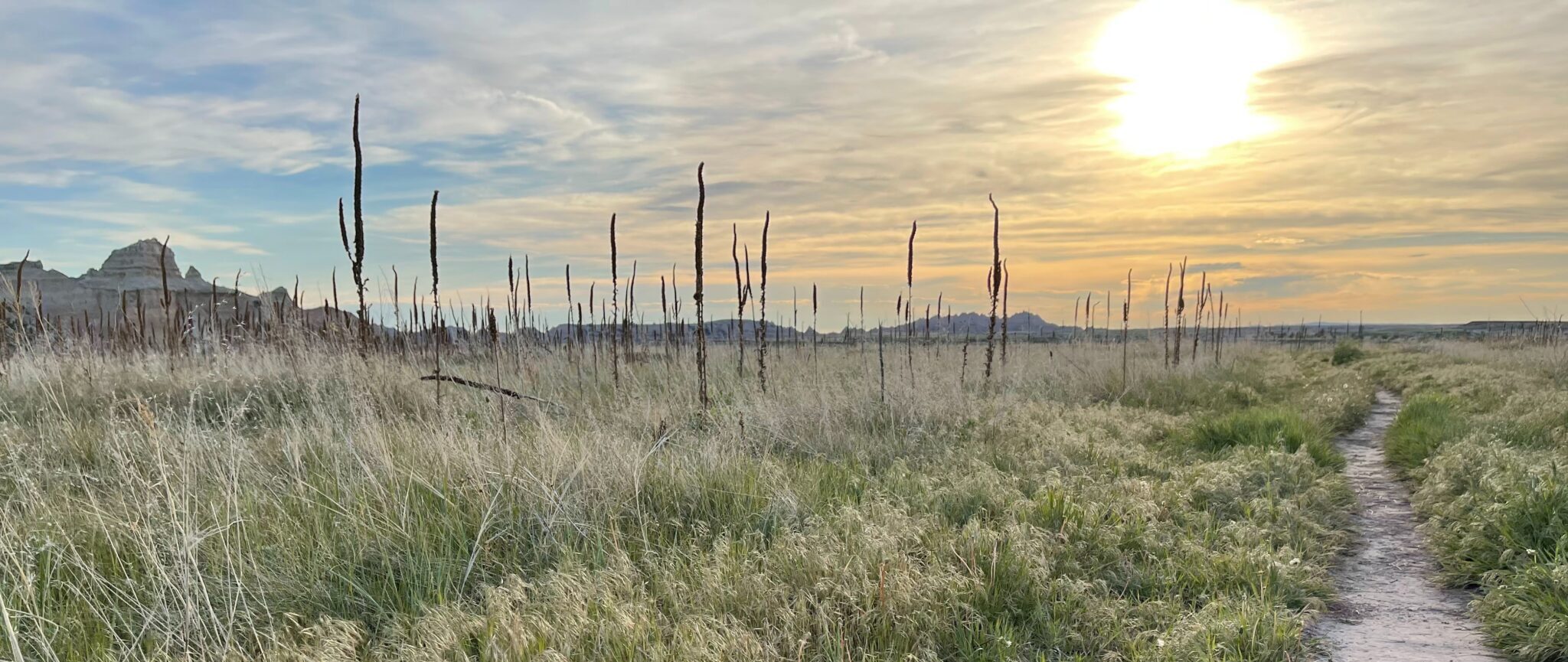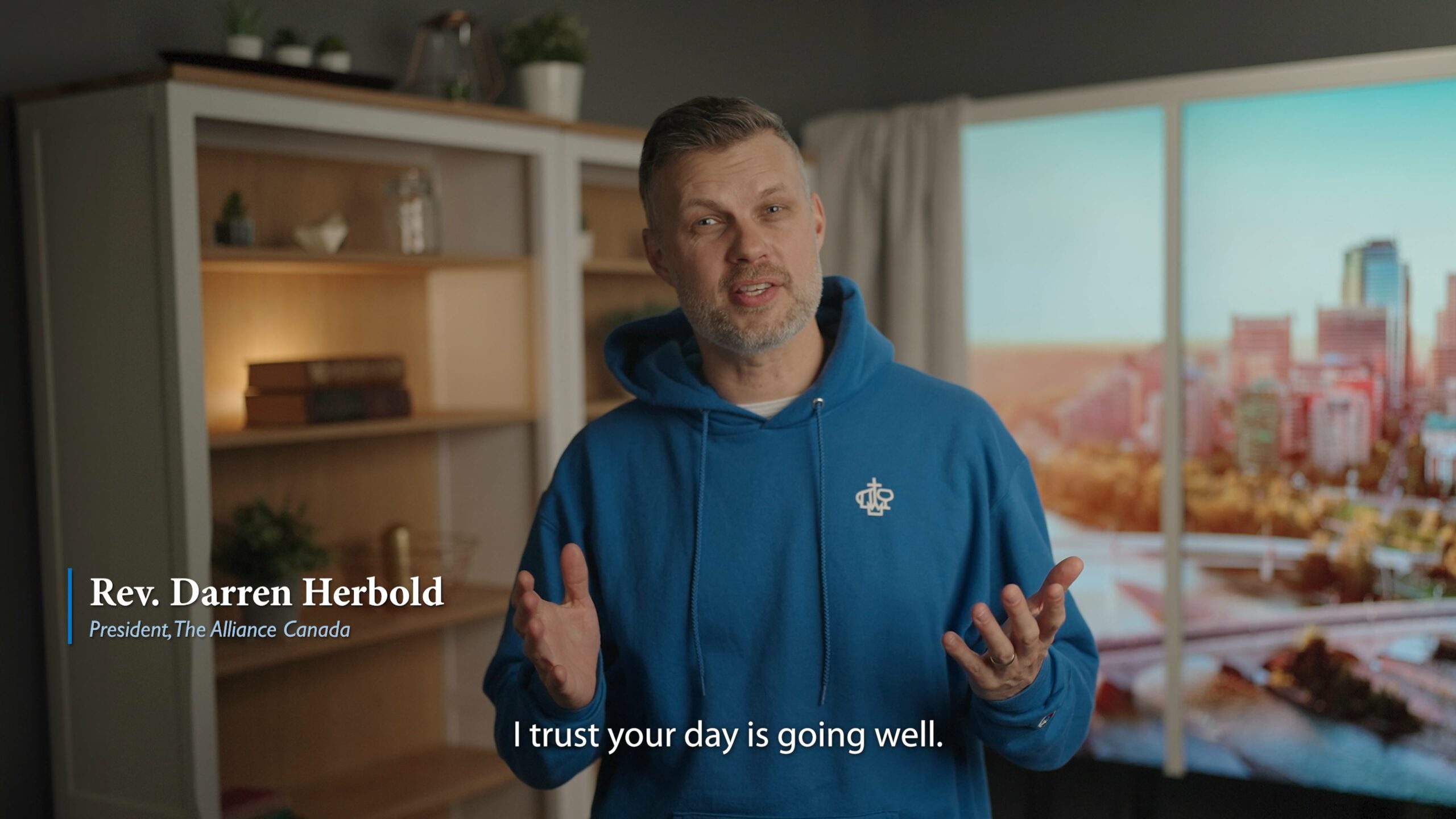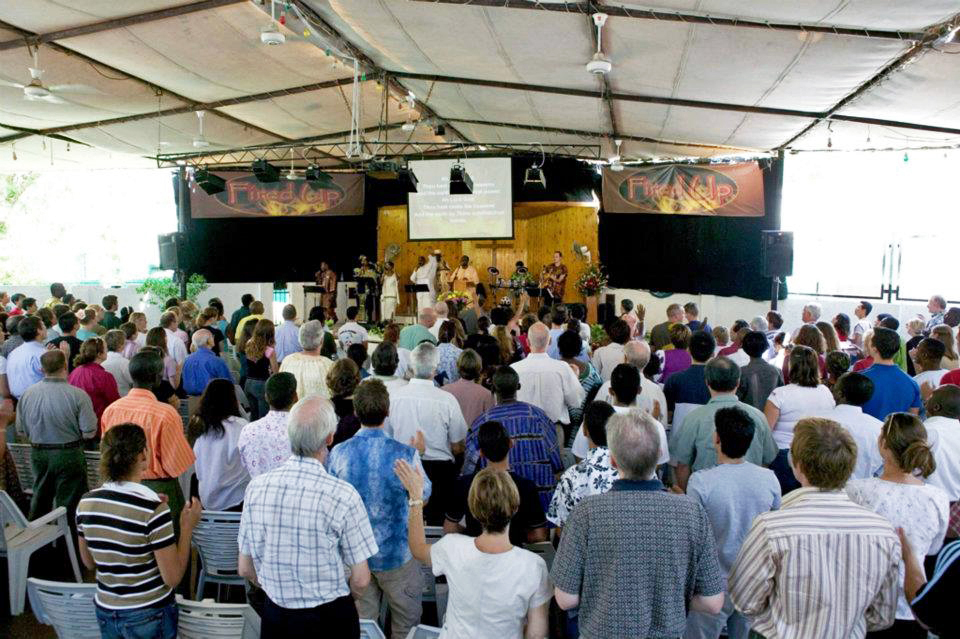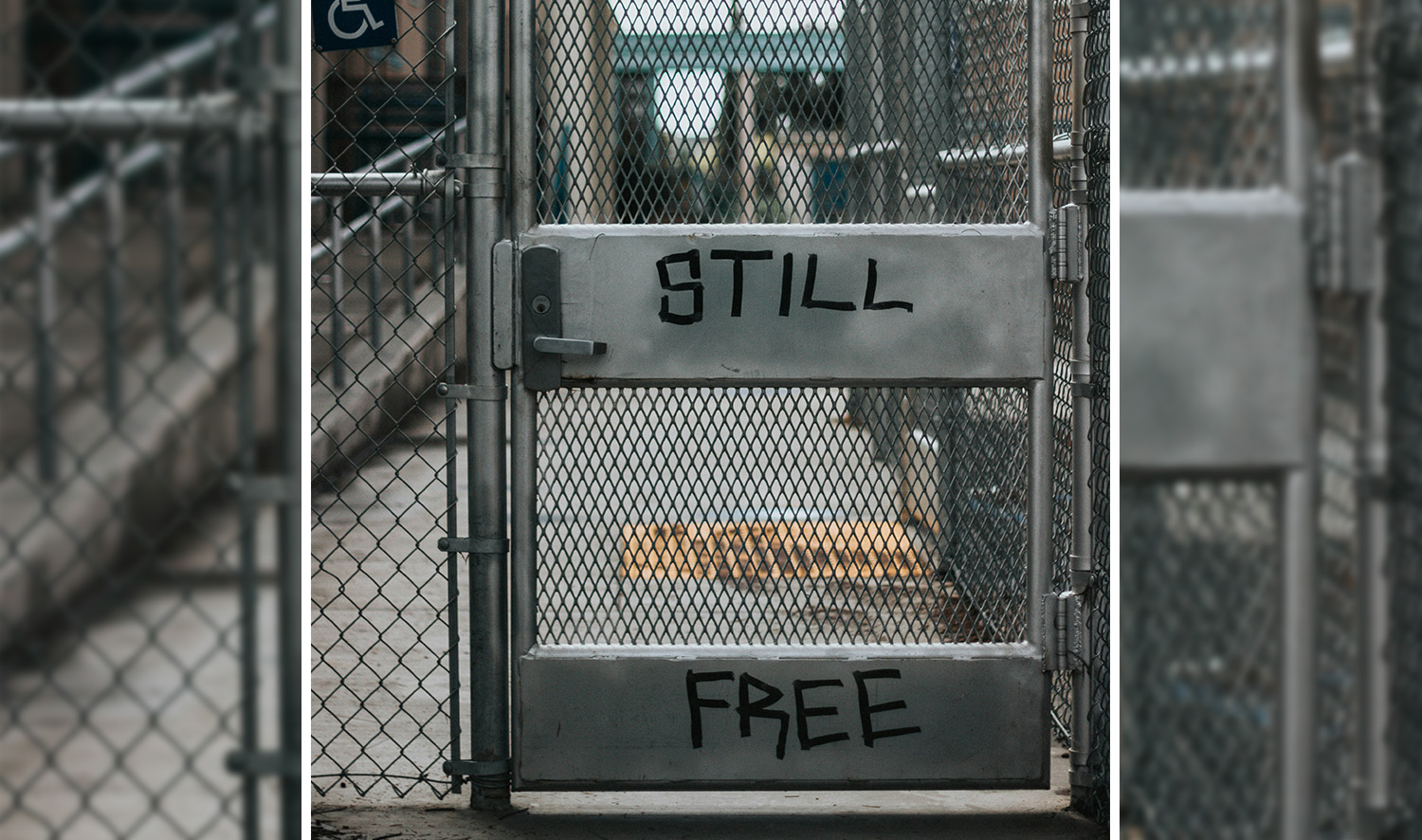We were sitting around in a circle discussing the community health needs in a remote region of the Bateke Plateau in the Democratic Republic of Congo (DRC). It had been a gruelling ride in our bright red Toyota Hilux over open prairie grassland. My teammate, Barb Ihrke, and I were making our first official visit as nurses to this area. Suddenly the meeting was interrupted by the sight and sound of a man peddling furiously towards us on his bike, crying out loudly, “Come quickly, come quickly! My daughter just delivered, and the baby is not breathing.”
Barb and I jumped into the truck and followed the man over the sandy, grassy path about two kilometres to a small mud-brick house in a village with five or six other houses. Our hearts sank as we took in the scene – the tiny lifeless baby girl lying uncovered in a corner of the cool dirt floor, her mother and several attending women crying in despair. Quickly we picked up the baby, taking her to the warm truck and beginning basic resuscitation measures. We knew there was little we could do apart from a miracle.
As we worked over the baby, her grandfather, one of the very few Christ-followers in the area, took his stance in the middle of the village, loudly invoking the name of Jesus. And then, the miracle happened! The baby took one barely perceptible gasp, then another; her body began to warm up, and after a few very long minutes, she began to cry. Such music to our ears! Later, Barb and I had the privilege of giving this precious baby a name. We called her Lokumu (Glory) and praised God for the way He had demonstrated His power and opened the door for us to begin a community health and discipleship ministry in the area.
__________
At the age of twenty-six, I landed in Kinkonzi, a rural area of lower Congo (then Zaire), which was the location of a mission referral hospital for the area and a four-year program Bible school. I was assigned to full-time study of the Kikongo language as my primary focus. However, the hospital was short-staffed; the veteran midwife who was scheduled for teaching the nurse-midwives could not return from the United States, and I was thrust into her position with limited experience and little time for cultural orientation and adjustment. Trying to prepare the students for their state exam, teaching for the first time in French, and learning Kikongo in any remaining time I had seemed overwhelming.
I remember crying out to God over the year and writing dramatically in my journal, “OH GOD, if I survive this term. I promise I will never forget those who come behind me.” It was a promise God would remind me of many times in the years to follow! Member care (pastoral care of international workers) was not a common theme at this point, but God was allowing me even in my first term to see the need for greater resources, training, and support systems for workers.
__________
At the time, in partnership with our mission leaders, the National Church began to share its vision to reach out to the Teke people group living in an area east of the capital city of Kinshasa. Pastor Niosi Seke and an international worker (IW) named Theo van Barneveld, two amazing men of God, were pioneering the work. Their travel to remote villages, partly by vehicle and partly on foot, allowed them to build relationships with village chiefs and residents. The Bateke people had long resisted any outside influence and had little contact with the Gospel. A strong tie to the spirit world, Animism, and witchcraft characterized their religious experiences. Schools, access to clean water, and health care resources of any kind were minimal.
Theo challenged me to consider the possibility of joining the team and reaching out to the Bateke women as a nurse-midwife. I learned a small but growing number of men had embraced the teaching of Jesus and were interested in seeing better health and education for their children. However, most of the women in the village did not have the time or inclination to listen to the discussions or attend church meetings. They were too busy working long hours in their fields, barely managing to feed and care for their families.
I thought and prayed over what Theo had shared. I did not consider myself to be a “pioneer,” nor did I gravitate toward the kind of travel and lifestyle work involved with the Bateke people. But yet, the familiar gentle voice of the Spirit was once again beckoning me to follow new paths. Colleagues at the hospital gave their blessing to another nurse, Barb Ihrke, and me to be part of this endeavour. We joined newly arrived workers, Stan and Connie Hotalen, in Kinshasa to learn the Lingala language and begin travelling and ministering with the team of Congolese pastors. A close friend, Anne Stephens, would become part of the team a few years later.
Working on the Bateke Plateau was indeed a daunting assignment. Most trips were characterized by long gruelling hours over challenging roads. Spiritual opposition and oppression were frequent. Our small band of pastors and missionaries faced many physical attacks resulting in chronic or life-threatening diseases. Several of our evangelists lost a child due to inadequate health care resources, and one of our evangelists was murdered by soldiers on his way home following a teaching expedition. It is hard to describe the depth of our grief and desolation when we discovered his body, abandoned in a ditch. How we had to lean into the character and purposes of God as we wrestled through the seemingly senseless loss of our beloved brother, who had been such a gifted and fearless evangelist. During this time, I began to wrestle through and formulate more intentionally my own theology of suffering.
While hardships abounded, the rewards and sense of fulfilment were equally as great. Our team of North American and Congolese pastors, teachers, and nurses became a close-knit community. Discipling new leaders and seeing God use them to bring healing and redemption to those caught in bondage filled us with such joy.
__________
Mobile Member Care
As I returned to Canada in the late ‘90s, it became increasingly clear we would not be able to return to DRC. I was uncertain as to what the future would hold. During this time, I worked part-time on my master’s degree through Canadian Theological College (now Ambrose Seminary) and signed up for a course on Transitions taught by Joan Carter. The whole concept of transitions was new, but William Bridges’ explanation of the three stages (Endings, Neutral Zone, and New Beginnings) totally resonated with me. The course taught me a vocabulary for what I had been experiencing—lack of focus, chaos, confusion, discouragement, low energy—and essential tools and incentives for navigating through this phase of the journey.
I began to journal and review how the Lord had led me in the past. Each new role had built on the past one as God revealed new dreams and opportunities for each season. I realized just how much I enjoyed new challenges. My reflections revealed how deeply crisis situations in my own life and the lives of my colleagues had impacted me and how often in the past years I had found myself walking alongside my colleagues who had experienced tough times. I began to learn of a new ministry being formed to respond to the crisis needs of cross-cultural workers, likely to be located in West Africa. This ministry’s rationale was to provide help and support on the field for workers who had experienced trauma. Too many workers had returned to their home countries to seek help and had not returned. Others were living under the impact of unresolved grief and trauma. How I resonated with the need for this ministry!
Dr. Karen Carr, a clinical psychologist with trauma experience, and Darlene Jerome, personnel director for the Cameroon Branch of Wycliffe Bible Translators/SIL with a graduate degree in Intercultural Training and Management, were pioneering the effort. They were taking some courses at Regent College in Vancouver, so we connected by phone. Our two-hour call led to a face-to-face meeting and then enrolling in a Critical Incident Stress Debriefing training at the Justice Institute in BC, where Darlene and Karen had also been taking courses. The following year I joined them in Abidjan, Cote d’Ivoire, to become part of the newly formed Mobile Member Care Team (MMCT).
This is an excerpt from the book, On Mission Volume 3. Download your free copy today.
Share:
Find more posts about:
The Alliance Canada
Support the mission
The Global Advance Fund (GAF) is a pooled fund that supports our workers in Canada and around the world to share the Gospel with people who haven't yet heard the name of Jesus. Your continued generosity equips and sustains our workers and their ministry.
